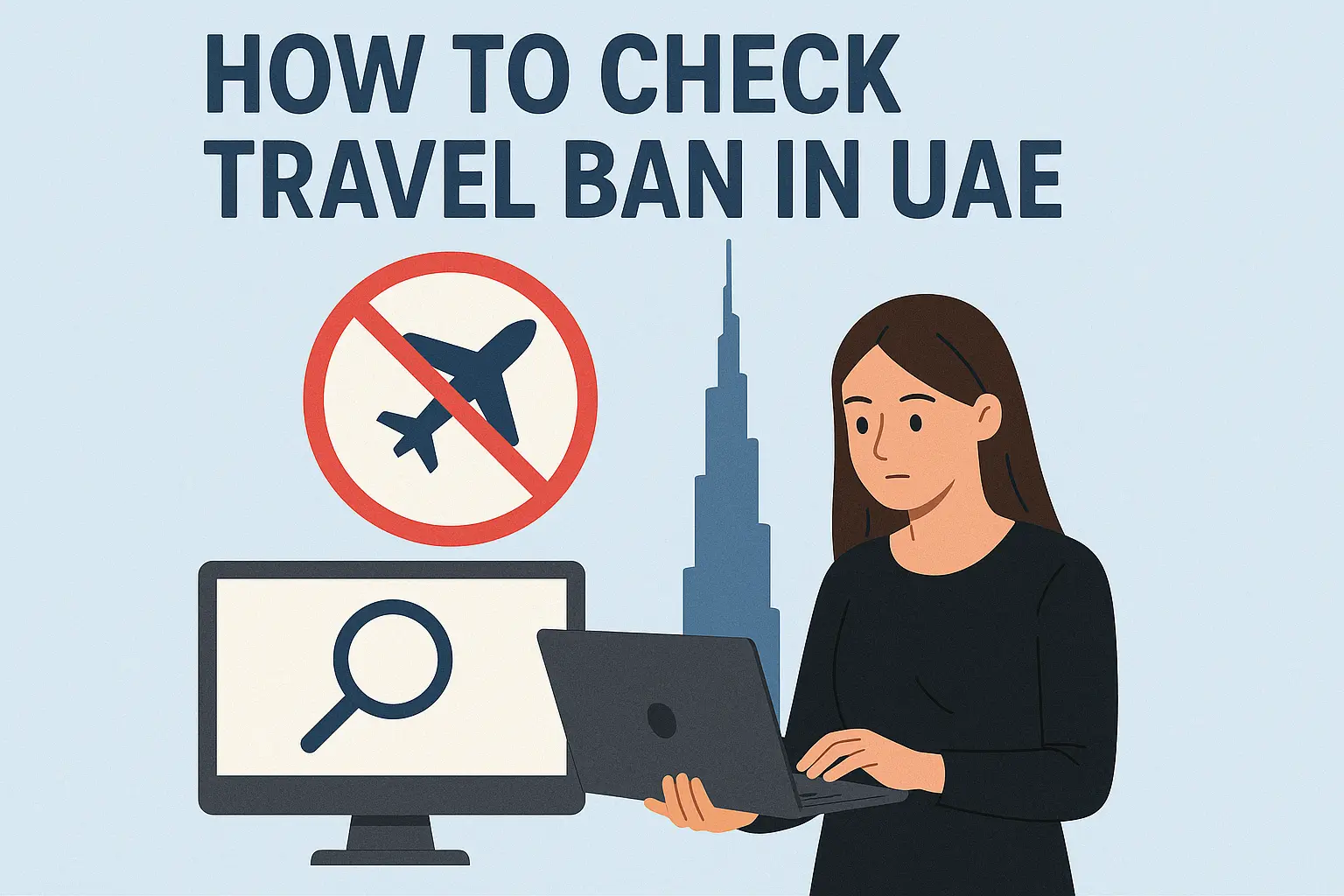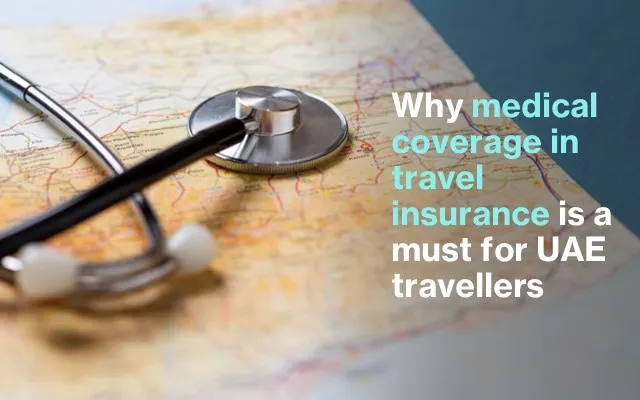Heard the expression “travel broadens the mind?” Well, it can be a source of stress too if not properly planned and particularly problematic if you fall sick whilst travelling. Read on for our hints and tips for a happy, healthy holiday and always pack a good Travel Insurance policy!
Do Your Research
So, you’ve been thinking of a trip for a while and even picked out your dream destination. But do you know of any issues you might encounter there locally from a health perspective? Are you aware of any vaccinations or medications you are advised to take before you travel? One of the advantages of today’s travel is there is a wealth of information online, meaning you can manage your trip before booking. Even if you’re travelling within your region of residence, it’s wise to do your research, especially if you suffer from a medical condition.
Seek Advice
Ask a healthcare professional for general advice but always consult your doctor if you have a pre-existing medical. After all, they know you and your condition, and are qualified to make a judgement on whether you’re well enough to deal with a specific destination or fit to fly. Their advice on whether your visit is viable could save you time, money and disappointment. Ask about what vaccinations or medications are needed and whether these would have an adverse effect on those you take currently.
Be Prepared
Some airlines, and some countries’ immigration departments, want to see information regarding certain medications, medical aids and the underlying conditions they treat before admitting you onboard or into the country. The UAE is an example of one such country that prohibits the possession and usage of certain medications, and publishes a list clearly categorising those that are banned.
Look online to check the requirements for your destination (embassies/consulates/high commission websites are all good reference points). Irrespective of the outcome, we’d always advise you:
- ask your doctor to write a letter explaining your condition, confirming your prescribed medication/essential aids & equipment and the reasons they’re required.
- retain all medication in its original packaging with the manufacturer’s leaflet inside as this also explains what the medication is for, its composition and any generic names which may be more recognisable
According to the nature of your condition, some airlines may request a medical certificate. This is advised if you:
- intend taking a significant quantity of medication with you (single quantity &/or combination)
- plan carrying more than 100ml of liquid medicine or intravenous medication through airport security
- have a respiratory condition that requires portable breathing equipment
Also remember to contact the airline before you fly about your condition and advise them of any equipment, such as mobility items, you’ll be taking with you: these may need special permission or be treated as essential excess baggage. If you require Special Assistance on & off the aircraft be sure to request before travel.
Get Covered
Before you travel, make sure you purchase a Travel Insurance policy that suits your needs. It’s critical to check that the cover provides protection for your personal circumstances: especially if you have a pre-existing medical condition. Aside from considering the cover provided, you must remember to declare any medical conditions. This is important not only to comply with terms and conditions but also because some Insurers actually have a policy not to cover certain conditions.
Aside from these points, we’d also recommend paying particular attention to:
- Policy limit for medical expenses
- The level of benefit for personal belongings and whether it includes any essential medical aids/equipment/medication
- Is there a 24-hour emergency medical assistance hotline?
- Are there any age restrictions/limits?
Insurance Policies & the Pandemic
Whilst the risk is now a more “managed one”, the Coronavirus (COVID-19) should still be a consideration when travelling, especially to unfamiliar places. Various rules and restrictions still remain in force in many countries and you should always check the latest Government travel advice and entry requirements for each country you plan to visit or transit through as they can change at short notice.







